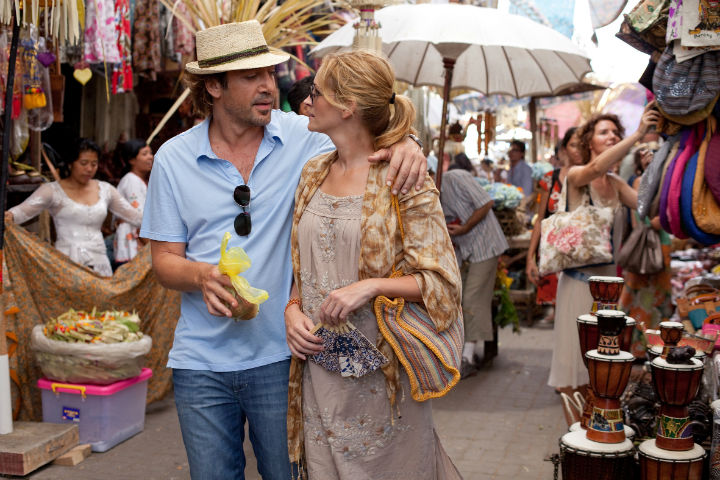How many times have you been charged a price well above average from a taxi driver who refuses to set the meter?
Expats who live in Indonesia are likely familiar with the term bule, meaning a foreigner of light hair and eye colour and pale skin.
Local vendors expect bule to be rich and so raise prices higher than standard. This is common across Indonesia, but particularly in tourist hotspots like Bali.
In every sector, from transportation to tourist attraction admission tickets, prices are higher for anyone who does not ‘look’ Indonesian.
In Nusa Dua, Bali, it is an open secret taxi drivers often flout company rules by turning off the taximeter. This allows drivers to demand their own fares, often inflated. A trip costing a foreign tourist Rp.200,000 (US$15), could cost a local far less for a greater distance.
Reports of restaurants using bule pricing are also rife, with foreigners overcharged or receipts marked bule to denote the different pricing.
Differing prices for foreign and local visitors are common, but none so flagrant as at the recreation park at Pangandaran Beach, West Java. Local tourists can purchase a ticket for Rp.20,000 (US$1.50), while foreign tourists must pay Rp.310,000 (US$23.28).
Local officers of the park explained the price includes extra facilities, such as a tour guide and protection from wild monkeys.
Park authorities added the price complies with a 2014 government regulation on non-tax government revenue. The regulation says admission prices for nature parks is Rp.20,000 (US$1.50) for Indonesians and Rp.250,000 (US$18.77) for foreign visitors.
Some argue local tourists should pay a lesser amount as they contribute taxes. Lowering fees for locals is also likely to encourage more domestic tourism and education.
Higher fees for international tourists can help to support maintenance and conservation budgets. Likewise, increased spending in communities around major attractions helps stimulate local economies.
Some foreigners may feel the disparity is unfair and not worth making the trip. While it is assumed by local vendors that most foreigners are wealthy, many, particularly in Southeast Asia, are travelling on a budget.
Employees at attractions do not check the identity of guests, making judgement calls based on appearance alone. For some regional tourists, such as from Malaysia or Brunei, this can be advantageous.
Next time you encounter bule prices, it’s worth having a quick Google to check standard pricing or to asked a trusted local friend to join you.
See: The Rise And Danger Of Fake News
Image credits: Nyxtespremieras’s Blog




